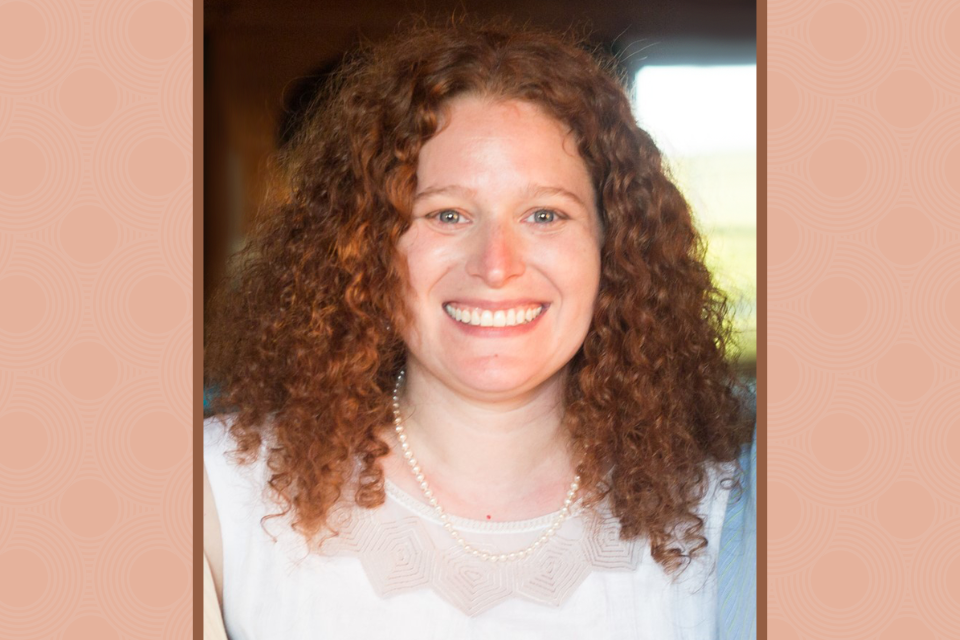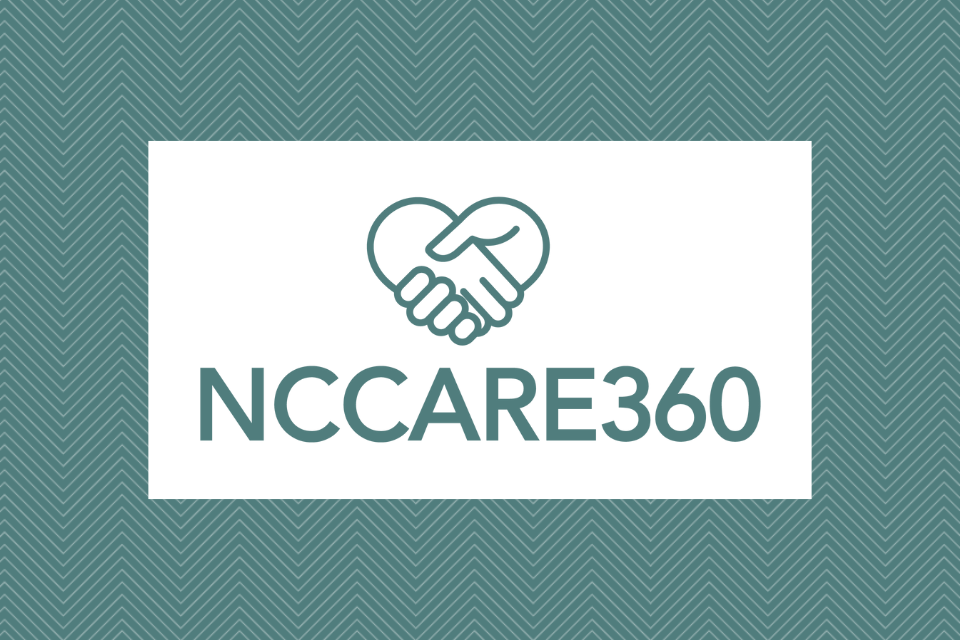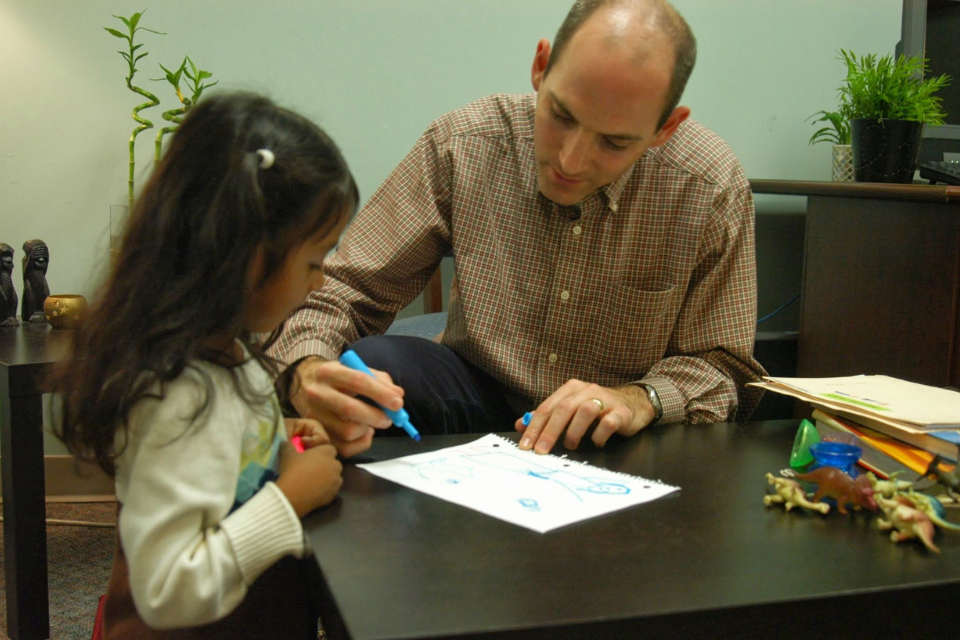Check out our news archive below to learn more about what’s happening in Duke Psychiatry & Behavioral Sciences!
What to Know about Accessing Support, Academic Resources for Neurodiverse Students at Duke
Starting as a grassroots project, Neurodiversity Connections aims to help neurodivergent students access mental health care, academic resources and other relevant materials through existing organizations on campus. Duke Psychiatry's Tara Chandrasekhar, MD, is one of the co-founders of the group.
“Jodie’s Prom” Honors Duke Psychiatry Social Worker’s Legacy
Jodie Neukirch Elliott, who was born with a heart condition, was passionate about helping adolescents and young adults with chronic medical conditions; nowhere was this more evident than in her tireless work to create magical virtual Children's Prom experiences during the pandemic. She passed away on August 3, 2022, from complications related to a heart transplant. In honor of her creativity and dedication to making the annual event as special as possible for participants, the Duke Children’s Prom will be renamed “Jodie’s Prom.”
NCCARE360 Helps North Carolinians Address their Non-Medical Social Needs
Duke Health is among the health systems across the state that are using the NCCARE360 platform to better serve their patients. Susan Spratt, MD, associate professor of medicine, is leading the implementation at Duke, and Elena Tenenbaum, PhD, assistant professor in psychiatry and behavioral sciences, is spearheading the behavioral health facets of Duke’s efforts.
A Brain Game May Predict Your Risk of Infection
If your alertness and reaction time is see-sawing more than usual, you may be more at risk of a viral illness. That’s the key finding of an experiment led by University of Michigan researchers working in close collaboration with researchers at the Duke University School of Medicine—including Duke Psychiatry's P. Murali Doraiswamy, MBBS, FRCP—and the University of Virginia.
Child & Adolescent Psychiatry Fellows Meet Children Where They Are: In Schools
For second-year child and adolescent psychiatry fellow Aishwarya Rajagopalan, DO, MHS, the fellowship’s school consultation rotation is a golden opportunity “to engage with a system that plays a really big role in the outcome of the care we deliver and to see what happens ‘on the other side,’ outside of our clinic,” which she says can sometimes feel like a vacuum.
Fifth-Year Med-Psych Resident Cameron Strong Reflects on His Journey
Cameron Strong’s advice to prospective and current trainees, regardless of their specialty, is to keep an open mind. He believes taking advantage of a variety of opportunities, even if they don’t seem directly related to their future plans, can help trainees grow as people and as clinicians. It’s an approach he takes to heart, and if he hadn’t followed his own counsel, today he’d be performing endoscopies instead of psychiatric evaluations.
Duke Psychologists Help Sickle Cell Patients Manage Pain & Boost Mental Health
In 2017, using state grant funds, the Duke Sickle Cell Center began contracting with Duke Psychiatry & Behavioral Sciences to embed behavioral health care within the center. Under the contract, every patient who visits the clinic is offered free behavioral health services, regardless of their income level, insurance coverage, or network limits.
Partnership Aims to Enhance ADHD Treatment for Latinx Children
Latinx children are disproportionately impacted by mental health care inequities, including for ADHD. To help address this issue locally, a team of ADHD researchers and clinicians from Duke Psychiatry is partnering with staff from El Futuro—a non-profit outpatient clinic that provides comprehensive mental health services for Latinx families—to develop a culturally-adapted approach that enhances existing ADHD treatment for Latinx families in the Durham community.
Duke Regional Hospital Rounds out Behavioral Health Team with Pharmacist
On a typical day at Duke Regional Hospital, you might find pharmacist Amber Kapuganti, PharmD, BCPP, rounding with the behavioral health inpatient team, consulting with psychiatric emergency department providers, answering trainees’ medication questions, leading games to teach patients about medication safety and usage, and advocating for new medications to be added to the hospital’s formulary. Kapuganti is the hospital’s first dedicated behavioral health pharmacist.
Innovative Study Seeks to Improve Suicide Prevention for College Students
The Comprehensive Adaptive Multisite Prevention of University Student Suicide (CAMPUS) trial aims to test more targeted, adaptive strategies to better treat the range of students experiencing suicidal ideation. Duke Psychiatry's Scott Compton, PhD, is the lead investigator for the Duke University arm of the study. Other participating institutions include Rutgers University, University of Nevada-Reno and University of Oregon.









